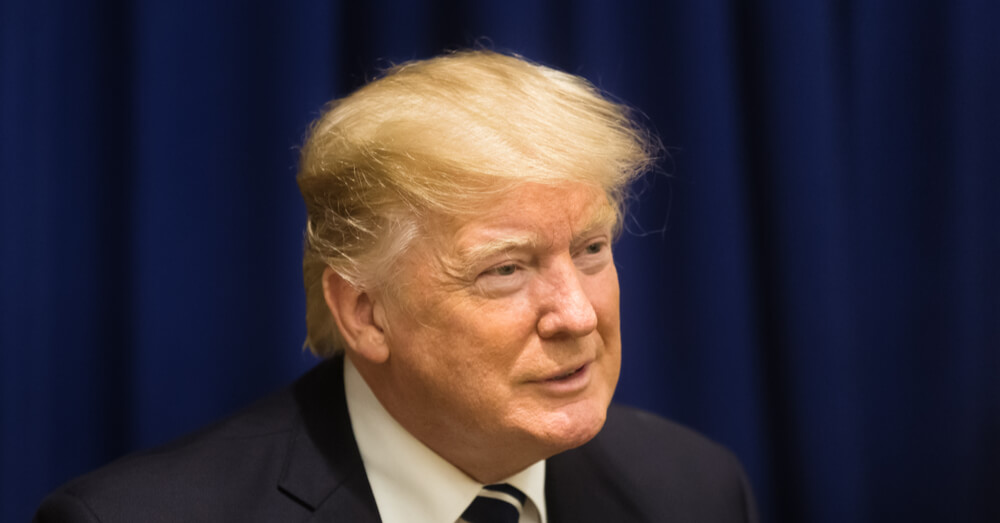Image source: Getty Images
At one point on Monday (4 November), the Burberry (LSE:BRBY) share price was up 6.5%. The spike came after reports suggested that Moncler — principally known for its luxury outerwear — wanted to buy the British fashion house.
The Italian company is part-owned by Double R, an investment vehicle that has LVMH — famous for its Louis Vuitton and Dior brands — as a minority shareholder.
It all appears to make sense.
But to be honest, I’m usually sceptical about stories like these. To me, quoting ‘industry insiders’ seems like an easy way of generating a headline.
One academic study looked into 42 takeover rumours and found that only two had any substance to them.
And Burberry’s shareholders appear unconvinced. The company’s shares have fallen back since their mini rally.
But let’s assume the story’s true. What would Moncler be buying?
Style over substance?
Well, it could be acquiring a loss-making business.
In July, Burberry issued its first-quarter trading update for the year ending 31 March 2025 (FY25). It said: “if the current trend persists through our Q2, we expect to report an operating loss for our first half”.
Blaming “macroeconomic uncertainty”, it reported “slowing luxury demand”.
Compared to the first quarter of FY24, like-for-like sales were down in all territories, except for Japan. Turnover was 21% and 26% lower in China and South Korea, respectively.
Not surprisingly, the news didn’t go down well with investors and the company was subsequently relegated from the FTSE 100 to the FTSE 250.
In fact, the results were so bad that it announced the departure of its chief executive with immediate effect.
Encouragingly, it’s doing everything I’d expect to try and turn things around.
It’s seeking to rebalance its “product offer to include a broader everyday luxury offer and a more complete assortment across key categories”. And it’s refreshed its website. The retailer’s also seeking operational efficiencies and cost savings.
Economic headwinds
However in my opinion, if demand for luxury products doesn’t pick up again soon, these actions will be as effective as blowing in the wind.
And until I see evidence of an improvement in the company’s prospects, I don’t want to invest.
The Asia Pacific region accounts for more than half of Burberry’s sales, so it’s heavily dependent on a recovery there.
But the Chinese economy is growing more slowly than it once was. And I’m sure well-documented problems with its property market — which is estimated to have $4.1trn of unsold homes, unfinished projects and undeveloped land — are weighing heavily on the disposable incomes and finances of the wealthiest.
Don’t get me wrong, I can see why Moncler might want to buy Burberry — it could be an opportunity to acquire a British icon at a knock-down price. But I don’t want to become a shareholder.
And in my opinion, buying shares on the basis of unsubstantiated rumours of a possible takeover isn’t a sensible investment strategy.
But the company has a strong brand and during its 168-year existence, it’s overcome many bigger problems. I’m sure sales will return to their previous levels, although I don’t know when. For me, investing now would be a little too risky.
Credit: Source link












